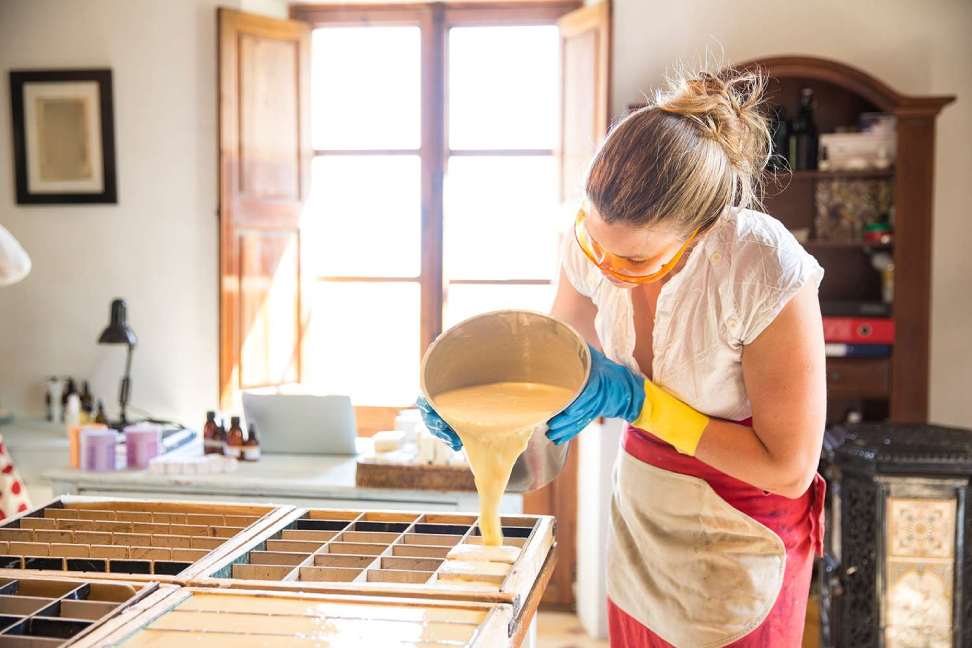Lotus365 Book, Lotus365, Lotus365: Soapmaking involves the use of a variety of ingredients to create the perfect bar of soap. One common category of ingredients is oils, such as coconut oil, olive oil, and palm oil. These oils provide moisture and luxurious lather to the soap, leaving the skin feeling soft and smooth.
Another crucial ingredient in soapmaking is lye, also known as sodium hydroxide. Lye is essential for the saponification process, where oils and fats mix with the lye to create soap. Additionally, botanical ingredients like herbs, essential oils, and colorants are often added to enhance the soap’s appearance and scent, making each batch unique and special.
Benefits of Using Natural and Handmade Soaps
Natural and handmade soaps have gained popularity due to their numerous benefits. These soaps are typically crafted using natural ingredients such as plant oils, essential oils, and botanical extracts. Unlike commercial soaps that often contain harsh chemicals and artificial fragrances, natural and handmade soaps are gentle on the skin and do not strip away its natural oils, making them suitable for even the most sensitive skin types.
Furthermore, natural and handmade soaps are environmentally friendly as they are usually produced in small batches using sustainable and eco-friendly practices. The use of organic ingredients in these soaps also ensures that they are free from synthetic additives and preservatives, making them a safer and healthier option for both your skin and the planet. By choosing natural and handmade soaps, you are not only caring for your skin but also contributing to a more sustainable and eco-conscious lifestyle.
� Natural and handmade soaps are gentle on the skin, suitable for sensitive skin types
� Crafted using natural ingredients like plant oils, essential oils, and botanical extracts
� Does not contain harsh chemicals or artificial fragrances
� Produced in small batches using sustainable and eco-friendly practices
� Environmentally friendly option compared to commercial soaps
� Free from synthetic additives and preservatives for a safer choice
What are some common types of ingredients used in natural and handmade soaps?
Common ingredients used in natural and handmade soaps include essential oils, plant-based oils such as olive oil and coconut oil, shea butter, cocoa butter, and natural colorants like clays and botanicals.
Are natural and handmade soaps better for sensitive skin?
Lotus365 Id, 99exch, 99exch.com Login: Yes, natural and handmade soaps are typically gentler on the skin as they do not contain harsh chemicals or artificial fragrances that can irritate sensitive skin.
Do natural and handmade soaps have any environmental benefits?
Yes, natural and handmade soaps are often made with sustainably sourced ingredients and do not contain synthetic chemicals that can harm the environment.
Can natural and handmade soaps help with skin conditions like eczema or acne?
Yes, natural and handmade soaps made with ingredients like tea tree oil, oatmeal, and calendula can help soothe and improve skin conditions like eczema and acne.
How can I ensure that a soap is truly natural and handmade?
Look for soaps that are made with simple, recognizable ingredients and avoid products that contain artificial fragrances, colors, or preservatives. Additionally, purchasing from reputable artisan soapmakers or small businesses can help ensure the quality of the product.

